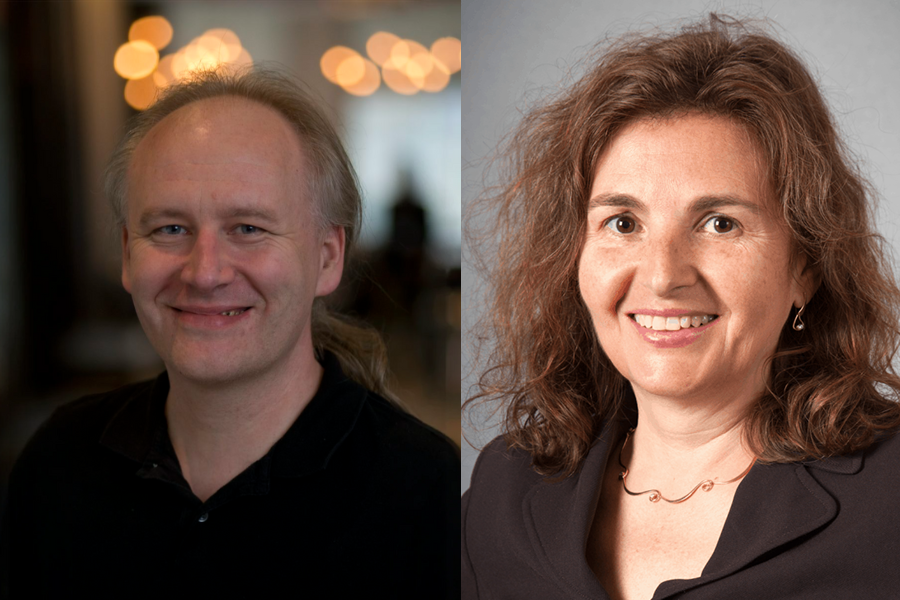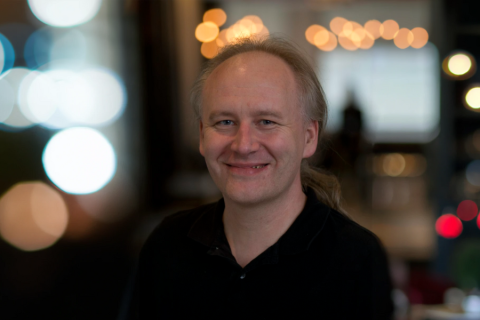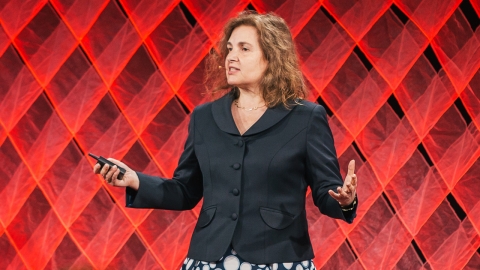Earlier this week, the National Academy of Sciences (NAS) elected new members Daniela Rus, Director of CSAIL and the Andrew and Erna Viterbi Professor in the MIT Department of Electrical Engineering and Computer Science (EECS), and Piotr Indyk, EECS professor, CSAIL member, and co-director of Foundations of Data Science Institute (FODSI). Rus was honored for her ongoing research achievements in artificial intelligence and soft robotics, while Indyk was inducted for his contributions to algorithms addressing geometry and massive data problems.
The two join an academy that now has 2,617 active members renowned for their original research efforts. In previous years, CSAIL members like Dina Katabi, Ronitt Rubinfeld, Bonnie Berger, and Nancy Lynch were elected to the NAS, which was established in 1863.
Currently, Rus focuses on autonomy, soft robotics, and human-robot interfaces, including applying generative AI to machines and self-driving vehicles. She recently developed liquid neural networks, a class of brain-inspired machine learning models that can continuously adapt to new data inputs. Then, she incorporated these networks into drones to help navigate constantly changing and unseen environments, and “Air-Guardian,” an AI copilot that helps its human colleagues identify potential risks in the air. Rus has also worked on VISTA 2.0, a photorealistic self-driving car simulator that assists with deployable training and testing, and Roboat, a fully autonomous robotic boat that has traversed Amsterdam’s canals.
Indyk’s recent work is geared toward building efficient, sublinear, and streaming algorithms. For example, he addressed the nearest neighbor search, a problem related to finding highly similar data points without needing to scan the entire database, with locality-sensitive hashing. Indyk helped develop this method for efficient approximate algorithms that can reduce the computational time required to retrieve similar data points, making it useful for applications like data mining, computer vision, and machine learning. Additionally, the FODSI co-director has designed sublinear algorithms that can use limited time and space to navigate massive data streams, like those he co-developed for the sparse Fourier transform. While the fast Fourier Transform can separate signals into their individual frequencies, Indyk’s algorithm can perform this task up to a hundred times faster when few such frequencies are present.
Rus won the 2023 IEEE Robotics and Automation Award, the Engelberger Robotics Award in 2017, and fellowships from ACM, AAAI, and IEEE. Additionally, she is a Class of 2002 MacArthur Fellow and a member of both the National Academy of Engineering and the American Academy of Arts and Science.
Indyk previously received a National Science Foundation Career Award In 2002, a Packard Fellowship, a Sloan Fellowship in 2003, and the ACM’s Paris Kanellakis Theory and Practice Award in 2012. He has also been named a Simons Investigator, a member of the American Academy of Arts and Science, and a Fellow of the ACM.




